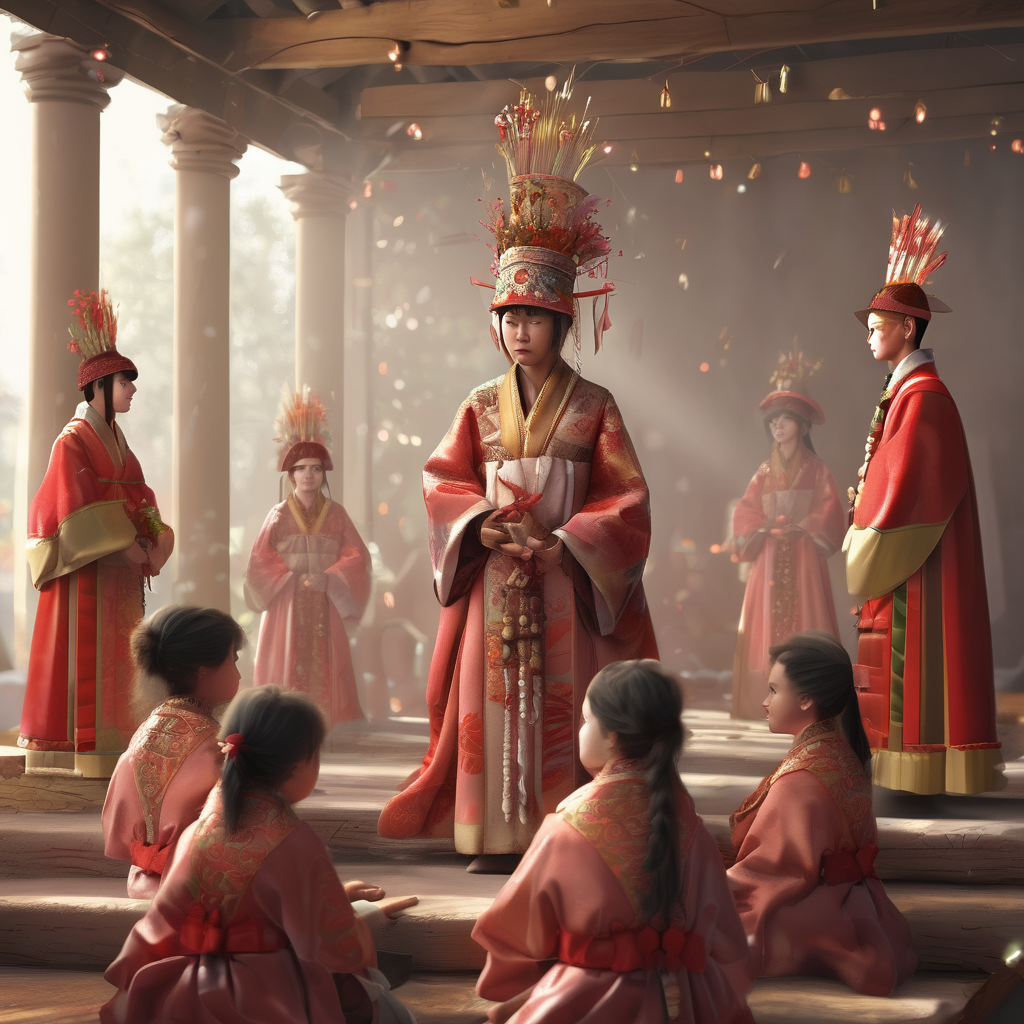The world is undergoing unprecedented and rapid changes, fueled by humanity’s remarkable advancements in technology and breakthroughs in various fields within a relatively short period of time. However, as we navigate this transformative era, the adequacy of the current educational curriculum employed worldwide has become a topic of enduring debate and scrutiny.
The traditional education curriculum, which was designed during a different era, now faces significant challenges in meeting the demands of the 21st century. In today’s fast-paced and ever-evolving society, marked by rapid technological advancements, globalization, and shifting societal values, the traditional curriculum struggles to encompass all the necessary skills and knowledge needed for success. While it offers a standardized and proven approach, particularly in core subjects like mathematics, science, and language arts, it falls short in addressing the changing landscape and emerging needs of learners.
The origins of the traditional education curriculum can be traced back centuries to ancient civilizations, where scholars and philosophers developed educational systems to impart knowledge, wisdom, and skills to younger generations. During the industrial revolution, standardized education and compulsory education laws were established to equip newer generations with the skills required to adapt to the emerging industrialized society. The curriculum primarily focused on foundational subjects such as reading, writing, arithmetic, and basic scientific principles, preparing individuals for employment in factories and other industrial settings.
However, as we progress further into the 21st century, critics argue that the traditional curriculum no longer adequately addresses the evolving needs and challenges of our time. They contend that the traditional curriculum is too focused on rote memorization, uniformity, and a one-size-fits-all approach, failing to nurture critical thinking, creativity, problem-solving, and adaptability—the very skills essential for success in today’s complex and interconnected world. On the other hand, advocates maintain that the traditional curriculum provides a standardized framework that imparts fundamental knowledge and skills to students, ensuring a baseline level of education for all.
Recognizing the limitations of the traditional curriculum and the need to prepare students for the future, there have been ongoing discussions and efforts to reform and modernize education systems worldwide. These reforms aim to incorporate more dynamic teaching methods, interdisciplinary approaches, and a greater emphasis on practical application, critical analysis, collaboration, and digital literacy.
The rapid advancements in technology, particularly in the realm of Artificial Intelligence (AI), have had profound impacts on various industries, disrupting traditional career paths and replacing certain jobs through automation. As our society undergoes this technological revolution, there is an increasing recognition of the importance of equipping students with digital literacy, coding skills, and the ability to navigate the complexities of an AI-driven world. However, these essential skills are often neglected or only minimally addressed within the traditional curriculum.
Experts, such as Zhao Yong from the Sage Journals, highlight the transformative potential of AI in both creating new job opportunities and replacing existing ones. This underscores the urgency of adapting our education systems to ensure students are adequately prepared and equipped with the skills necessary to thrive in the future workforce. For instance, as mentioned by Ariel Davis in the NY Times, government sectors are considering the integration of AI into defense, which could lead to the emergence of numerous new jobs to replace those being automated.
To effectively address the challenges and opportunities of the 21st century, education systems must prioritize the development of essential skills that empower students to excel in an increasingly complex and interconnected world. These skills include critical thinking, problem-solving, creativity, innovation, collaboration, adaptability, digital literacy, and cultural competence. By fostering an environment that encourages curiosity, inquiry, and lifelong learning, education can play a transformative role in preparing students for the future.
In conclusion, there is an undeniable and pressing need for education to adapt and evolve in response to the demands of the 21st century. Integrating digital literacy, coding education, critical thinking, and other essential skills into the curriculum will better equip students to navigate the challenges and seize the opportunities presented by our rapidly changing world. By combining the strengths of the traditional curriculum with modern skill development, education can provide a strong foundation for students, empowering them to thrive and contribute meaningfully to their communities and the global society at large.







Leave a Reply